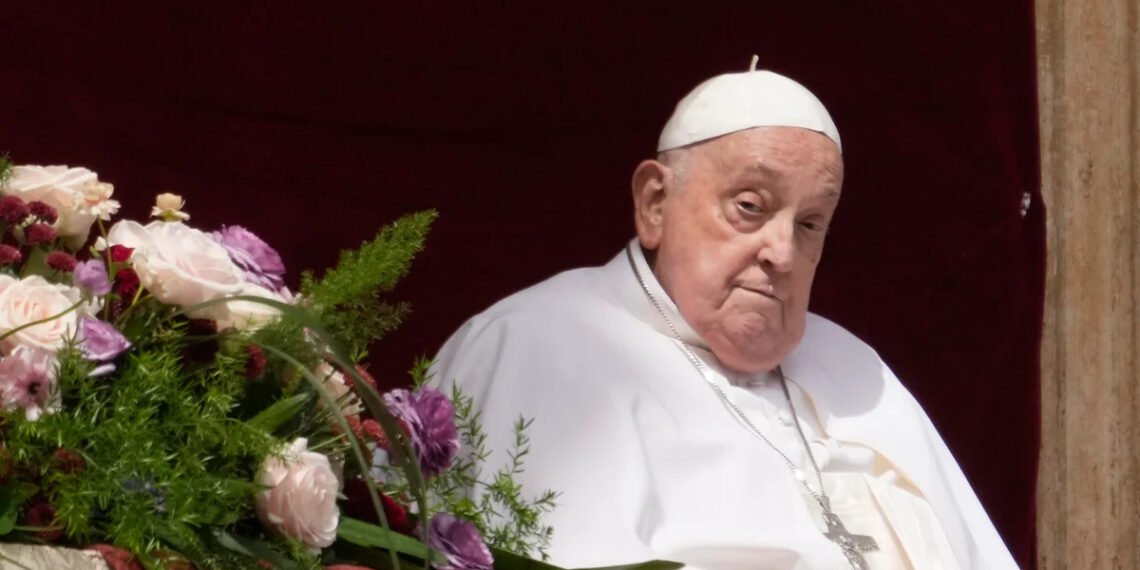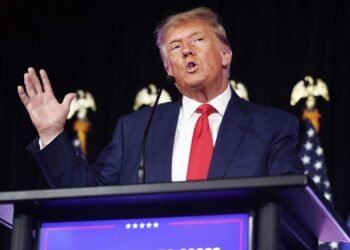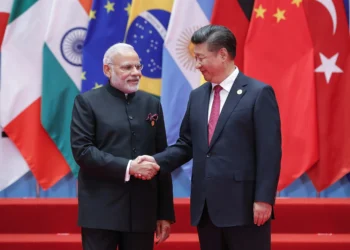Pope Francis died at the age of 88 following a long battle with respiratory illness. The Argentinian pope was hospitalized in February following a diagnosis of double pneumonia and remained there for 38 days, marking the longest hospitalisation of his 12-year papacy.
Francis, who had chronic lung disease and underwent lung removal surgery in his younger days, was admitted to the hospital for double pneumonia and was in critical condition near death. After his discharge in March, the pontiff appeared noticeably weak and canceled multiple events due to health issues.
According to informed sources who spoke to Italy’s ANSA news agency, it was not the respiratory issues arising from his recent diagnosis of double pneumonia that possibly caused Pope Francis’ death, but rather a cerebral haemorrhage.
Cerebral hemorrhage could be the possible cause of death
According to these sources, ANSA learned that a potential cause of Pope Francis’ death could be a cerebral hemorrhage, rather than being directly linked to respiratory illnesses. Vatican spokesperson Matteo Bruni previously informed the press that the specific reason for Pope Francis’ death would likely be revealed “this evening.”
ALSO READ: An Obituary: Pope Francis, Advocate for the Meek and Poor
“At 7:35 this morning, the Bishop of Rome, Francis, returned to the home of the Father. His entire life was dedicated to the service of the Lord and of his Church,” Cardinal Kevin Ferrell, the Vatican camerlengo, said in an announcement.
While in the hospital, the pope received blood transfusions because of low platelet counts, a situation associated with anemia. Although doctors recommended that he take a break, he surprised everyone by appearing in public on Easter Sunday — his first outing since being hospitalized for double pneumonia.
Pope made final appearance at St. Peter’s Square hours before death
He addressed a gathering of 35,000 in St. Peter’s Square, extending blessings and waving to pilgrims from his popemobile, hours before his death. In accordance with rituals, Pope Francis offered the “Urbi et Orbi” blessing—Latin for “to the city and the world”—from the basilica’s balcony.

The passing of a pope initiates a sequence of meticulously planned ceremonies and traditions. Qualified cardinals ultimately cast their votes for a new pope in the Sistine Chapel.













